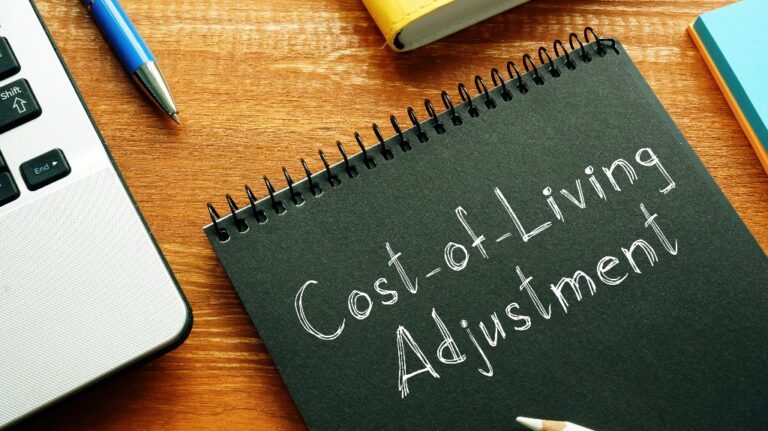
The VA sometimes reevaluates cases of veterans receiving disability benefits to determine the current state of the veteran’s disability. Changes in a veteran’s medical condition may result in adjustments to their disability benefits, potentially increasing benefits if the veteran’s disability worsens or reducing or eliminating benefits if the veteran’s condition improves. As a result, veterans should understand how the VA reevaluates disability benefits and what steps they should take when the agency conducts a reevaluation of their case.
Why Does the VA Reevaluate Disability Ratings?
The VA reevaluates some veterans’ disability ratings for several reasons. First, reevaluations ensure veterans receive the correct level of benefits for their current condition. A veteran’s condition may improve or worsen after having their VA disability benefits claim approved. Thus, a reevaluation allows the VA to adjust the veteran’s benefit levels. When veterans’ conditions improve, reevaluating disability ratings enables the VA to conserve limited resources, ensuring every veteran receives the benefits they deserve. Reevaluations also ensure that veterans receive increased benefits when their conditions worsen. Finally, the VA also conducts reevaluations of disability ratings to identify the rare cases of fraud that occur.
How Often Do Reevaluations Occur?
The VA usually reevaluates veterans’ disability ratings two to five years after a veteran receives an initial rating unless the VA or the veteran’s treating providers expect the veteran’s condition to improve. In such cases, the VA may conduct a reevaluation sooner. The VA may also request a reevaluation if it receives evidence of a change in the veteran’s condition. Some of the factors that determine the schedule for reevaluations include:
- The veteran’s age
- The type and severity of the veteran’s condition
- The discovery of any evidence of medical improvement
However, the VA may not reevaluate a veteran’s disability rating if the veteran has a permanent medical condition or a protected condition. A veteran has a “protected” condition if they have the same disability rating for five or more years or if they receive a “permanent and total” rating. Furthermore, the VA cannot reduce a veteran’s disability rating if they have had the rating for at least 20 years unless the VA finds evidence of fraud.
Types of Reevaluations
The VA may conduct various types of reevaluations, such as:
- Routine future examinations: The VA may schedule a future examination when issuing an initial disability rating, with the proposed timeframe for the reexamination noted in the VA’s original decision letter to the veteran.
- Reexaminations of new evidence: When the VA receives a veteran’s updated medical records that suggest a change in their medical condition, the VA may request a reexamination of the veteran’s disability rating.
- Proposed reductions: The VA may trigger a reevaluation if it believes that a veteran’s condition has improved significantly to warrant a reduction in the veteran’s disability benefits.
What Veterans Should Do During a Reevaluation
When the VA conducts a reevaluation of a veteran’s disability rating, the veteran can best protect their rights and interests by:
- Attending scheduled compensation and pension (C&P) exams
- Providing updated medical records and treatment reports
- Responding to all requests from the VA for documents and information

What to Do If a Reevaluation Reduces or Eliminates Your Benefits
A veteran who has their benefits reduced or terminated after a reevaluation can file an appeal of the VA’s decision. Veterans who appeal adverse decisions following reevaluations should work with an experienced VA disability benefits attorney to understand their legal options and prepare a compelling case for their appeal.
Contact a VA Disability Lawyer Today
When the VA notifies you that it intends to reevaluate your disability benefits, you may need experienced legal support to help you protect your rights and interests. Contact Veterans Law Attorneys today for a free, no-obligation consultation with a VA disability attorney to learn more about what to expect during a reevaluation of your VA benefits.






